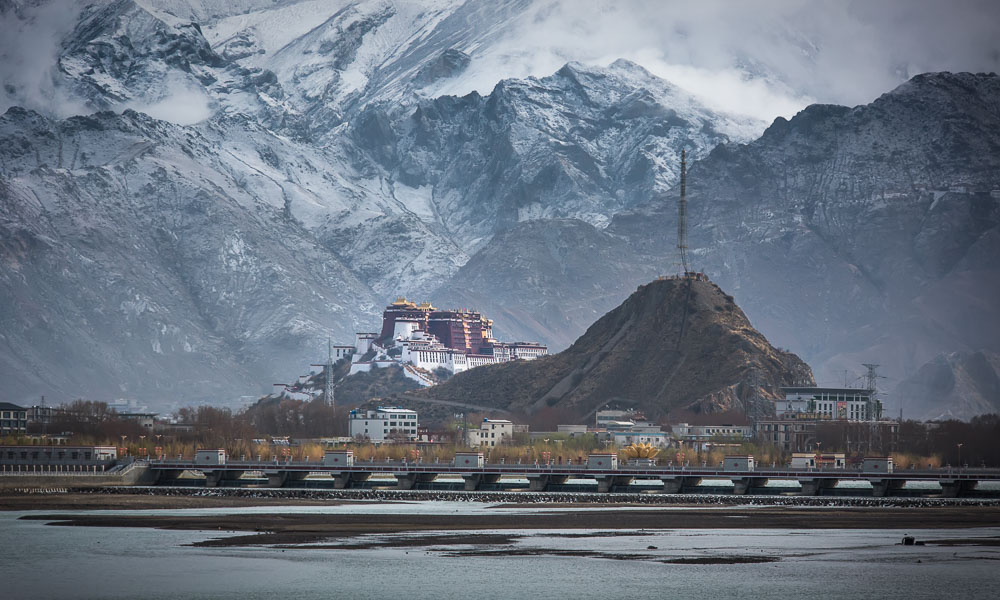Researchers discover traces of ancient Denisovans on Qinghai-Tibet Plateau
Chinese and overseas researchers said a fossil on the Qinghai-Tibet Plateau is believed to belong to the ancient Denisovans, who lived around 160,000 years ago.
The mandible, or lower jaw, was found in the Xiahe County of Gansu Province in the northeastern part of the Qinghai-Tibet Plateau, said Zhang Dongju, an assistant professor of the College of Earth and Environmental Sciences of Lanzhou University who participated in the international research.
Denisovans are members of a hominin group who are currently only known directly from fragmentary fossils, the genomes of which have been studied from a single site, the Denisovan Cave in Siberia, Russia, according to a paper published in Nature on Thursday.
The Xiahe specimen provides direct evidence of the Denisovans outside the Altai Mountains, she said. Researchers use ancient protein analysis to determine the identity of the fossil and conclude that the mandible is at least 160,000 years old.
The research indicates that the archaic people occupied the plateau in the Middle Pleistocene epoch and successfully adapted to the high-altitude environment long before the arrival of modern Homo sapiens.
The right half of the mandible was found in the Baishiya Karst Cave in 1980. A recent excavation revealed the presence of abundant Palaeolithic stone artefacts and cut-marked animal bones in the Bashiya Karst Cave.
The findings provide critical information needed to research into the Denisovans, Zhang said.
Tibet Stories

Former serf Tseyong Dranzong: smashing shackles and embracing new life
"In the past, I suffered in hell. Now I am enjoying life in heaven. My life is hundreds of t...
Editor’s Choice
- Tibet shows it cares for a cleaner Mt Qomolangma
- The United States' new tactics of interfering in the internal affairs of China
- Prominent Belgian sinologist says nobody can deny rapid economic development of Tibet
- Tibet's cultural industry sees sound development
- 11th Panchen Lama: abolition of serfdom engraved in the minds of the people







